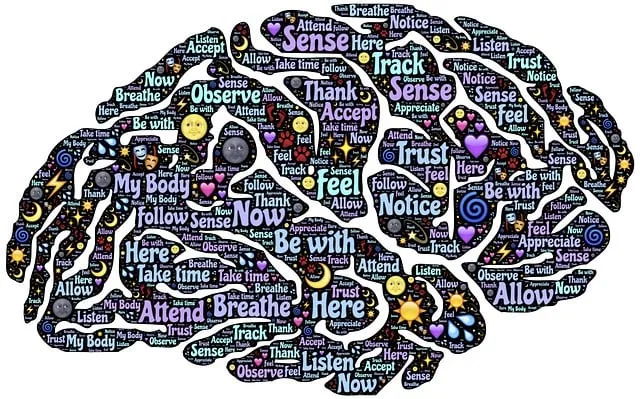The Kaiser Permanente Mental Health Appointment Center in Aurora prioritizes cultural competency training for healthcare providers to offer personalized care tailored to patients' unique backgrounds and beliefs. Through community outreach programs, mental wellness coaching, diverse treatment options, educational initiatives, and public awareness campaigns, the center aims to improve access to mental health care, build trust, and enhance health outcomes for diverse communities, normalizing conversations around mental health and empowering both patients and healthcare professionals.
“Cultural competency training is transforming healthcare, especially within institutions like Kaiser Permanente’s mental health appointment center in Aurora. This article explores ‘Understanding Cultural Competency in Healthcare’ as a crucial strategy for improving patient care and outcomes. We delve into the successful initiatives at Kaiser Permanente Aurora, highlighting its role as a training hub. Additionally, we present effective training strategies to enhance cultural sensitivity, ensuring diverse patients receive tailored, quality mental health services.”
- Understanding Cultural Competency in Healthcare: A Necessary Approach
- Kaiser Permanente Aurora: A Hub for Mental Health Services and Training
- Strategies for Effective Training: Enhancing Patient Care and Outcomes
Understanding Cultural Competency in Healthcare: A Necessary Approach

In today’s diverse healthcare landscape, cultural competency is no longer an option but a necessity. Organizations like Kaiser Permanente recognize that providing quality care requires understanding and respecting patients’ cultural backgrounds and beliefs, especially in specialized centers such as the Mental Health Appointment Center in Aurora. This approach ensures that every patient receives personalized treatment tailored to their unique needs.
Cultural competency involves developing skills to navigate and resolve conflicts arising from cultural differences. It includes training healthcare providers on effective communication strategies, awareness of unconscious biases, and integration of traditional healing practices alongside evidence-based treatments. Additionally, initiatives like Community Outreach Programs and the Development of Mental Wellness Coaching can bridge cultural gaps, foster trust, and improve overall health outcomes for diverse communities.
Kaiser Permanente Aurora: A Hub for Mental Health Services and Training

Kaiser Permanente’s Aurora Mental Health Appointment Center stands as a beacon of hope and support for the community, offering a comprehensive range of services tailored to address various mental health needs. This hub is dedicated to enhancing access to care, ensuring that residents in and around Aurora have easy access to specialized treatment options. The center provides not just clinical services but also serves as an educational stronghold, hosting regular training sessions on cultural competency for healthcare providers.
Through these initiatives, Kaiser Permanente aims to build resilience within the community by empowering both patients and healthcare professionals with coping skills and a deeper understanding of diverse cultural backgrounds. The organization’s commitment to public awareness campaigns development further underscores its role in normalizing conversations around mental health, fostering an environment where individuals feel encouraged to seek help without stigma.
Strategies for Effective Training: Enhancing Patient Care and Outcomes

Effective cultural competency training for healthcare providers is a multifaceted approach that goes beyond surface-level understanding. At Kaiser Permanente’s mental health appointment center in Aurora, for instance, comprehensive programs emphasize immersive learning experiences, such as role-playing scenarios and case studies reflecting diverse patient backgrounds. This allows practitioners to develop nuanced communication strategies, fostering better patient-provider relationships. By acknowledging and addressing cultural barriers to care, these training sessions enhance the accuracy of diagnoses and improve treatment adherence.
Moreover, integrating public awareness campaigns and targeted communication initiatives within the training curriculum can significantly impact outcomes. Educating providers on Cultural Sensitivity in Mental Healthcare Practice enables them to tailor their approaches, ensuring that every patient receives personalized, culturally responsive care. This holistic strategy not only enhances patient satisfaction but also contributes to more positive treatment results, ultimately reflecting improved healthcare quality across diverse communities.
Cultural competency training in healthcare, as exemplified by Kaiser Permanente’s efforts at their Aurora mental health appointment center, is a transformative game-changer. By equipping providers with the skills to navigate diverse patient backgrounds and needs, we enhance patient care and outcomes. These strategies, focused on understanding and appreciating cultural differences, ensure that every individual receives respectful, equitable treatment. In light of these initiatives, healthcare professionals can foster more inclusive environments, ultimately improving patient satisfaction and health outcomes, especially within a hub like Kaiser Permanente’s mental health appointment center in Aurora.






